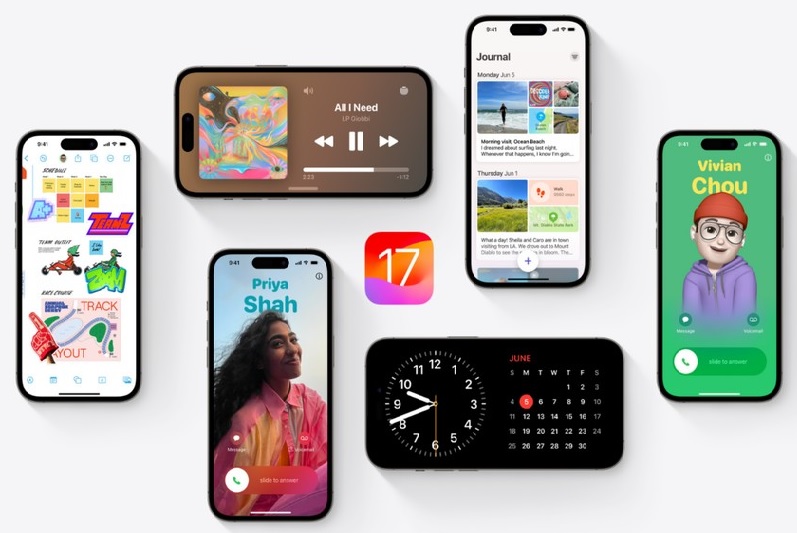
In the dynamic realm of technology, Apple continues its unyielding quest for perfection. The most recent stride in this relentless journey takes the form of iOS 17.0.3, an indispensable update meticulously designed to tackle the vexing issue of overheating that has afflicted iPhone 15 users. Now, let’s embark on a deep dive into the intricacies of this release, as we debunk some prevailing misconceptions along the way.
Contents
Software Bugs, Not Design Anomalies
The advent of iOS 17.0.3 heralds a direct response to the thermal tribulations that have been consistently reported by iPhone 15 users. Crucially, Apple has unequivocally asserted that these quandaries do not stem from an inherent design flaw in the iPhone 15 Pro. Instead, they are inextricably tied to labyrinthine software bugs lurking within iOS 17.
The build number for this update stands at 21A360, and it extends its welcoming embrace to all compatible iPhones currently navigating the terrain of iOS 17. The pathway to this remedial oasis remains as familiar as ever: Settings > General > Software Update. Apple’s commitment to user convenience shines through in the streamlining of this process.
However, this iOS update isn’t a monomaniacal crusade solely aimed at dousing the flames of overheating. It stretches its wingspan to encompass a broader spectrum of enhancements. Users can anticipate a melange of bug fixes, pivotal security updates, and, most crucially, the antidote to the iPhone’s overheating conundrum.

Apple’s Covenant with the User
Apple had previously taken the high road, owning up to a bug within iOS 17 as the malefactor behind these scorching predicaments. The company’s pledge to expeditiously furnish a software panacea underscores its unwavering commitment to customer contentment and satisfaction.
Let us lay to rest any lingering doubts: the iPhone 15 Pro’s titanium-clad physique is not the sinister architect of these heatwaves. In truth, it plays the role of an efficient conductor, promoting the dissipation of thermal energy when juxtaposed with its stainless steel predecessor. For those who may have harbored concerns about their device’s architecture, relief is the watchword.
Third-Party Apps and CPU Onslaught
The initial finger of blame pointed towards a coterie of third-party applications, encompassing illustrious names such as Asphalt 9, Instagram, and Uber, for orchestrating a symphony of CPU overload, thereby stoking the fires of overheating. However, it is incumbent upon us to recognize that not all apps are equally culpable.
Apple has moved swiftly to redress this imbalance. Both Instagram and Uber have undergone the requisite recalibrations, aiming to optimize their performance in the intricate tapestry of iOS 17. Alas, Asphalt 9 languishes in the shadows, as it awaits its turn in the crucible of updates, forcing its users into a judicious exercise of caution.
Conclusion
Apple attaches profound significance to the voices of its user community. All users are not only encouraged but implored to make the leap to iOS 17.0.3 and provide their invaluable feedback on whether it has succeeded in vanquishing their overheating tribulations. Your input, dear users, is the compass that will guide the ship towards future enhancements and updates.
Stay poised for comprehensive coverage of this iOS update throughout the week. We shall embark on an expedition that delves deeper into its multifaceted facets and examines its profound implications on the tapestry of the iPhone 15’s performance.
Source: APPLE


